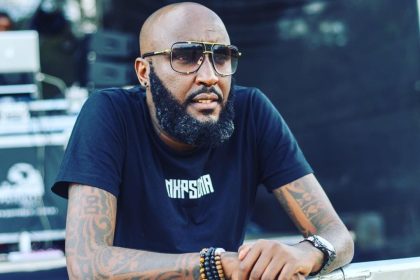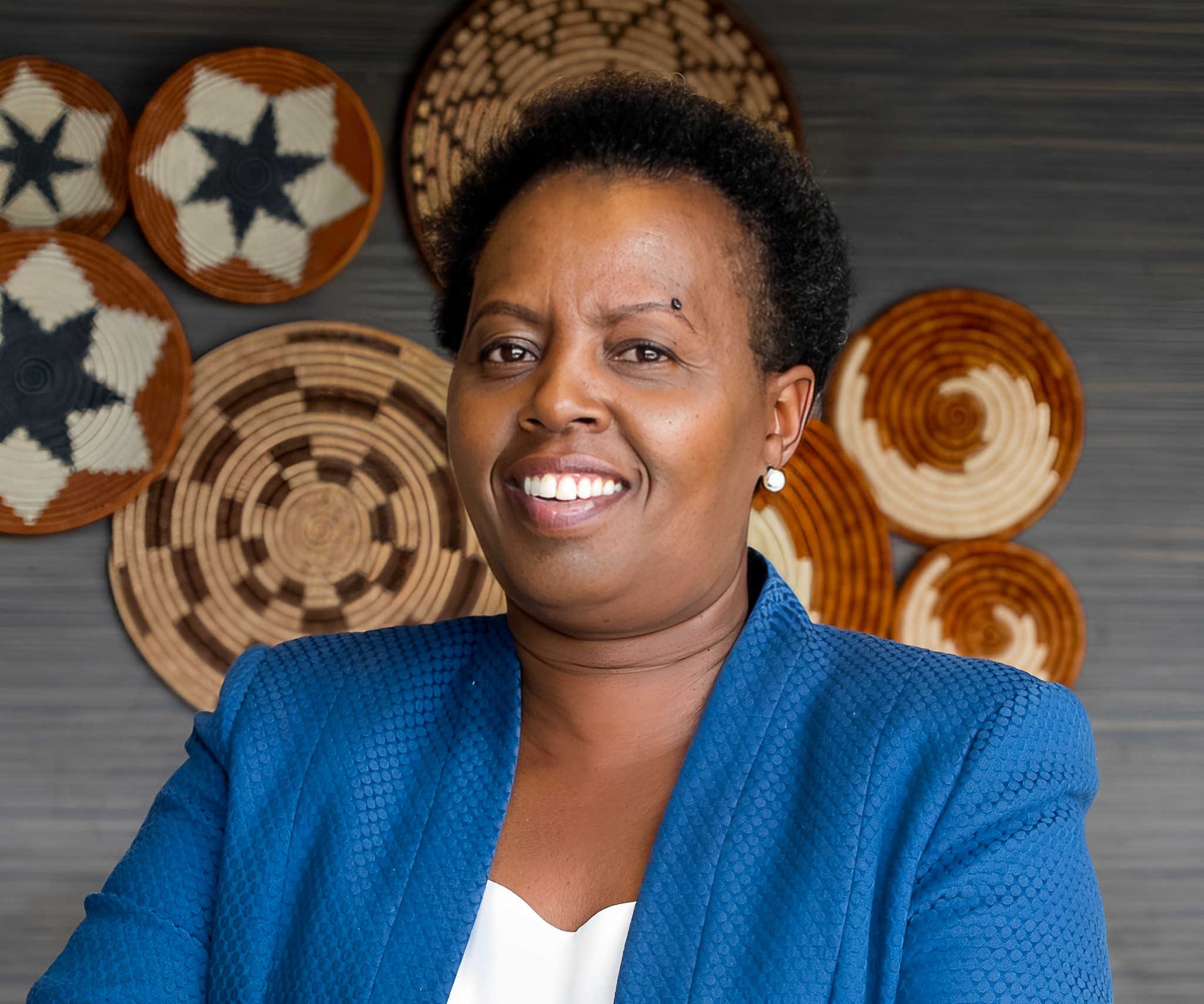In Kenya’s vibrant but increasingly polarized cultural landscape, the absence of robust discourse and genuine critique is stifling the growth of a dynamic youth culture. As I passionately argue, culture thrives on conversation, disagreement, and critical engagement, yet these elements are under threat in Kenya today.
The case of activist Boniface Mwangi’s recent Tanzania incident, coupled with the troubling precedent set by the 2021 sacking of radio personality Shaffie Weru, illustrates a dangerous trend: the manufacturing of ideological conformity that bullies dissenting voices and undermines free thought.
This phenomenon, amplified by social media and corporate influence, raises critical questions about the health of Kenya’s cultural and intellectual institutions.
Boniface Mwangi’s Tanzania Incident: A Case Study in Contradiction and Conformity
In May 2025, Kenyan activist Boniface Mwangi and Ugandan human rights lawyer Agather Atuhaire were detained in Tanzania while observing the treason trial of opposition leader Tundu Lissu. Mwangi’s accounts of torture and sexual assault by Tanzanian authorities, detailed in emotional press conferences, sparked widespread outrage across East Africa.

Activist Boniface Mwangi breaks down in tears, in what looked like choreographed theatrics meant to induce sympathy and manufacture consent
He described harrowing experiences of being stripped, beaten, and sodomized, prompting condemnation from regional activists and international bodies like Amnesty International, which called for investigations into the “unimaginable cruelty” faced by the pair.
However, my analysis of Mwangi’s detention reveals glaring contradictions. The lack of formal charges or clear explanations from Tanzanian authorities, combined with Mwangi’s claim that the Kenyan government “abandoned” him despite diplomatic efforts to secure his release, suggests inconsistencies in his narrative.
His account reeks of theatrics, possibly crafted to amplify his activist persona. Yet, rather than allowing space for this critique, Mwangi’s supporters on social media platforms led by Nyamisa Chelagat, Njeri Migwi, Ciru Muriuki swiftly moved to silence any challenge. Dissenters were branded as “haters” or apologists for authoritarianism, reflecting the broader cultural malaise I describe.
This rush to ideological hegemony, where only one narrative is deemed acceptable, stifled any nuanced discussion about the incident’s complexities, turning the conversation into a loyalty test.
The Shaffie Weru Precedent: Social Media as a Weapon Against Free Thought
This pattern of manufactured conformity is not new in Kenya. In 2021, radio personality Shaffie Weru and his co-hosts at Homeboyz Radio were sacked following public outcry over insensitive comments made on air about gender-based violence. The backlash, amplified on social media, particularly Twitter (now X), was swift and unrelenting.
Major advertisers, including East African Breweries Limited (EABL), publicly distanced themselves from Weru, with EABL issuing a statement condemning the remarks. While the comments were undeniably problematic, the response highlights how social media outrage, often lacking nuance or context, can be weaponized to enforce ideological conformity.

Radio personality Shaffie Weru was sacked for airing controversial opinions by a combined gang-bang of moralist assault and corporate boycott threats
The frustration here is with the death of “journalistic integrity” and disregard for “credibility” or “sources” finds resonance here. Social media platforms, rather than fostering debate, became echo chambers where dissent was equated with moral failure, and corporate entities like EABL leveraged their influence to shape narratives.
The Corporate Conundrum: Alcohol Industry and the Policing of Discourse
EABL’s involvement in the Weru saga underscores a broader issue: the dangerous trajectory of corporations, particularly those in morally ambiguous industries like alcohol, attempting to control public conversations.
EABL, a company profiting from a product not without its own societal controversies, positioned itself as a moral arbiter, effectively pressuring Radio Africa Group to fire Weru and his colleagues. This incident marked a turning point, showing how corporations align with prevailing sentiments to avoid financial repercussions, even at the cost of free thought.

EABL CEO Jane Karuku: We live in crazy times when even alcohol beverage companies can purport to police morality on the internet.
This dynamic is particularly concerning in the context of youth culture, where social media amplifies voices but also distorts them. My critique, rooted in case studies and systems thinking, is often dismissed as “hating” or “jealousy,” reflecting a culture where critical engagement is misconstrued as personal attack.
In both the Weru and Mwangi cases, social media served as a tool to enforce a singular narrative, drowning out critical voices under the guise of moral righteousness.
The Cost to Kenyan Culture: A Stifled Discourse
The absence of critique is holding back Kenyan culture. Institutions, whether academic, cultural, or media-based, rely on rigorous discourse to thrive. In the West, platforms like Pitchfork maintain relevance by offering unapologetic, evidence-based critiques, assigning scores that spark debate and drive artistic improvement.
In Kenya, however, the fear of being labeled a “hater” or facing corporate-backed backlash discourages such engagement. The Mwangi incident exemplifies this: rather than fostering a conversation about the complexities of his detention, social media became a battleground for ideological conformity, with dissenters vilified.
This is a call for a culture that values disagreement as a form of care. If you give an opinion, it shows you care about something. Yet Kenya’s youth culture increasingly equates criticism with betrayal, undermining the collective ability to build robust institutions capable of challenging power structures effectively.
A Path Forward: Reclaiming Critique and Conversation
To rebuild a vibrant cultural landscape, Kenya must embrace critique as an act of care rather than condemnation.
Mwangi’s activism, despite its contradictions, has sparked vital conversations about governance and human rights. However, these efforts are undermined when social media and corporate interests prioritize conformity over debate.
The Weru incident serves as a cautionary tale. While accountability for harmful speech is necessary, the role of corporations like EABL in shaping public discourse must be scrutinized. Alcohol companies, profiting from a product linked to social harms, have no moral standing to police free thought.
Instead, Kenya’s youth culture must foster platforms where diverse opinions can coexist, drawing inspiration from institutions that thrive on critique rather than suppress it.
Conclusion
Kenya stands at a crossroads. The suppression of critique in the Boniface Mwangi and Shaffie Weru cases reveals a troubling trend toward ideological hegemony, driven by social media outrage and corporate influence.
The absence of discourse threatens the vitality of youth culture and the integrity of its institutions.
To move forward, Kenyans must reject the fear of being labeled “haters” and embrace critique as a tool for growth. Only through open, nuanced conversation can the country build a culture that truly thrives.
VIDEO: THE DANGERS OF MANUFACTURING CONSENT AND SHOUTING DOWN DISSENTING OPINIONS
https://youtu.be/tMBbgGoaY_Q?feature=shared

